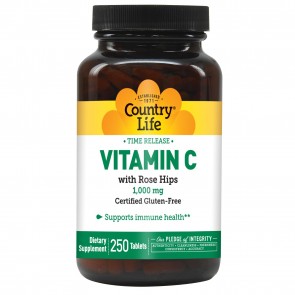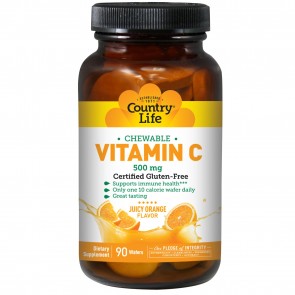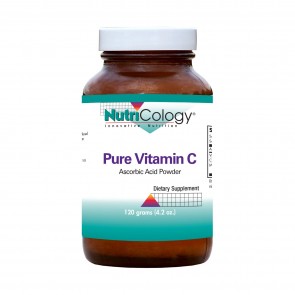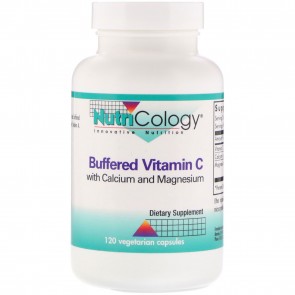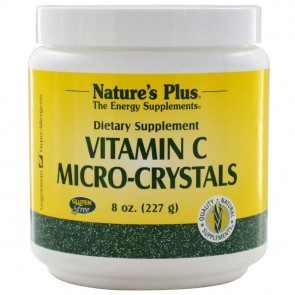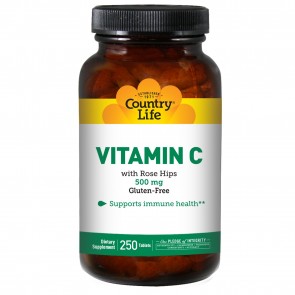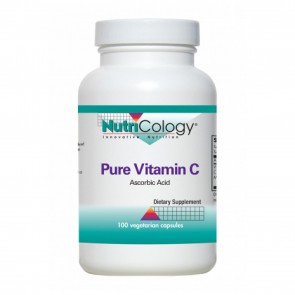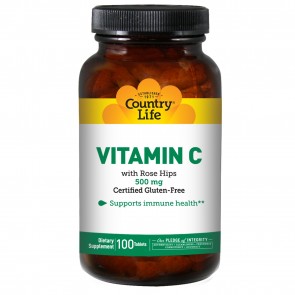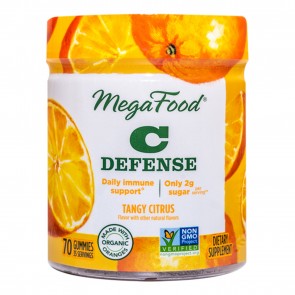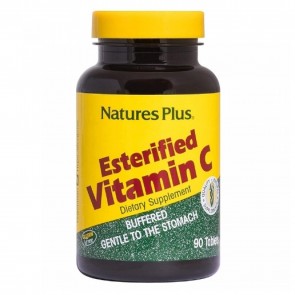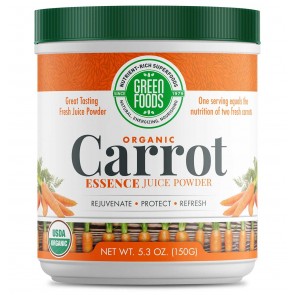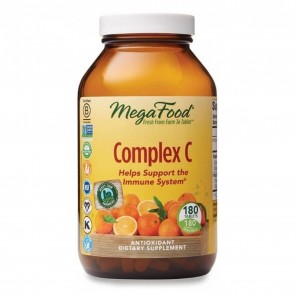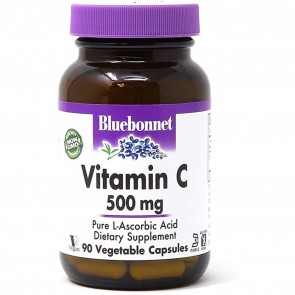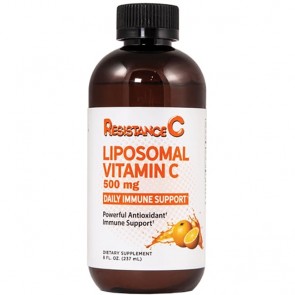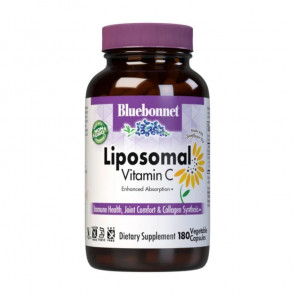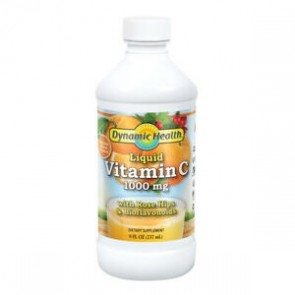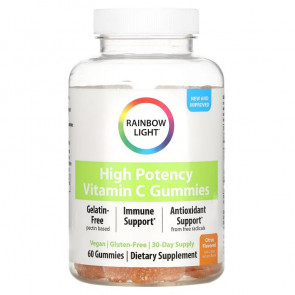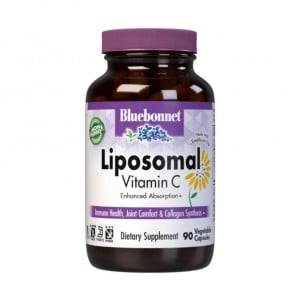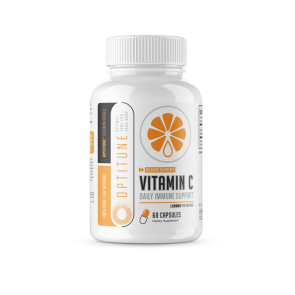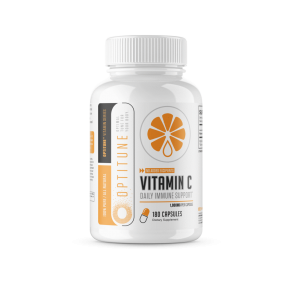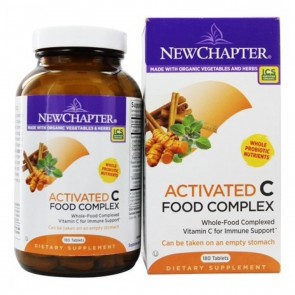Vitamin C (ALL)

What is Vitamin C? Vitamin C is also known as ascorbic acid. It is a water-soluble vitamin. Vitamin C is one of the 12 vitamins essential for health that includes B-complex vitamins, including thiamine… Read more
-
Country Life Vitamin C 1000 Rose Hips ,Time Released 250 Tablets
Price: $23.39
Regular Price: $31.19
-
Nutricology Buffered Vitamin C 8.5 oz
Price: $28.49
-
Country Life Vitamin C Wafer 500 Mg 90 Tablets
Price: $14.77
Regular Price: $19.69
-
Nutricology Pure Vitamin C 4.2 oz
Price: $19.49
-
Nutricology Buffered Vitamin C 120 Vegicaps
Price: $17.69
-
Nature's Plus Vitamin C Micro-Crystals 8 Oz
Price: $26.69
Regular Price: $31.40
-
Country Life Vitamin C 500 Rosehips 250 Tablets
Price: $15.59
Regular Price: $20.79
-
Nutricology Pure Vitamin C 100 Vegicaps
Price: $24.69
-
Country Life Vitamin C 500 Rosehips 100 Tablets
Price: $9.44
Regular Price: $12.59
-
MegaFood C Defense Tangy Citrus 70 Gummies
Price: $13.99
Regular Price: $16.99
-
Natures Plus Esterified Vitamin C 90 Tablets
Price: $21.80
Regular Price: $25.65
-
Green Foods Organic Carrot 5.3 oz
Price: $12.87
Regular Price: $21.99
-
Natures Plus Immune Boost 60 Tablets
Price: $22.27
Regular Price: $26.20
-
MegaFood Complex C 180 Tablets
Price: $55.99
Regular Price: $67.99
-
Bluebonnet Vitamin C 500 mg 90 Vegetable Capsules
Price: $10.20
Regular Price: $12.75
-
Resistance C Liposomal Vitamin C Liquid 500 mg 8 fl oz
Price: $14.99
Regular Price: $24.95
-
Bluebonnet Liposomal Vitamin C 180 Vegetable Capsules
Price: $28.76
Regular Price: $35.95
-
Dynamic Health Liquid Vitamin C 1,000mg 8 fl oz
Price: $8.49
-
Rainbow Light High Potency Vitamin C Citrus Flavor 60 Gummies
Price: $9.79
Regular Price: $16.95
-
Bluebonnet Liposomal Vitamin C 90 Vegetable Capsules
Price: $15.16
Regular Price: $18.95
-
Olympian Labs Breathe-EZ 75 Vegetarian Capsules
Price: $18.95
Regular Price: $30.99
-
Optitune Vitamin C 60 Capsules
Price: $15.99
Regular Price: $19.99
-
Optitune Vitamin C 180 Capsules
Price: $23.99
Regular Price: $34.99
-
New Chapter Activated C Food Complex 180 Tablets
Price: $31.52
Regular Price: $65.95
What is Vitamin C?
Vitamin C is also known as ascorbic acid. It is a water-soluble vitamin. Vitamin C is one of the 12 vitamins essential for health that includes B-complex vitamins, including thiamine (B1), riboflavin (B2), niacin (B3), pantothenic acid (B5), and folate (B9). In addition, vitamin C plays an essential role in the synthesis of collagen in the body.
Vitamin C Supplements
Most of us can't get enough vitamin C from the food we eat. Therefore it's essential to supplement this essential nutrient with a quality vitamin C supplement. It is generally believed that there is no risk of overdosing on Vitamin C. Still, it's advisable to take megadoses of it under the supervision of a nutritionist or doctor.
What does Vitamin C Do?
Vitamin C is not just a water-soluble vitamin but an antioxidant. This means that it shields the body from disease-causing free radicals produced in the body due to normal metabolism. Vitamin C also helps to improve the immune system and acts as an anti-inflammatory agent. On top of that, high doses of vitamin C (ascorbic acid) can lower your blood pressure and improve circulation by increasing available nitric oxide.
Effects of Vitamin C
Vitamin C helps to maintain the vitamin's normal blood and cellular levels, which is essential for maintaining the proper synthesis of collagen in the body. A diet rich in cruciferous vegetables such as broccoli and cabbage, citrus fruit, tomatoes, and red peppers are all good sources of vitamin C.
Supplementation with Vitamin C
It's important to take a multivitamin supplement containing antioxidants daily because there may be times when we don't get enough of these nutrients through our diet alone.
What are the forms of Vitamin C?
Vitamin C can be found in two different forms: ascorbic acid, vitamin C in its natural state, and sodium ascorbate (also known as sodium-ascorbate), which has the same chemical formula but is much less water-soluble than the naturally occurring form. Both forms of vitamin C are water-soluble vitamins that are sometimes called "blood builders." The chemical name for vitamin C is ascorbic acid. Vitamin C supplements are available in capsules, tablets, powdered, and liquid forms. It is also available in a buffered form and with added co-factors to aid in absorption.
Buffered Vitamin C
To promote good health, it's important to take vitamin C with food because stomach acid is necessary for it to be absorbed. To ensure that it is more bioavailable, some manufacturers offer "buffered" forms of vitamin C. These increased bioavailabilities of the vitamin C supplements can increase absorption up to 100 times that of non-buffered forms.
What is Liposomal Vitamin C
Liposomal vitamin c contains water-soluble (not fat-soluble) lipids that have been chemically modified into a capsule-like delivery system. These lipids are combined with vitamin C for increased absorption. Fats are modified into a special delivery system that encapsulates nutrients so that the body easily absorbs them. The fats in liposomes are combined with the vitamins and processed until they have the same consistency as a soft gel capsule. This method of encapsulation allows nutrients to be delivered much more effectively than in other delivery systems such as traditional pills or tablets.
Doses of Vitamin C
The general recommended intake of vitamin C is between 90-120 milligrams (mg) per day, but the dose can vary. The Food and Nutrition Board at the Institute of Medicine recommends a daily intake between 60-90 mg per day for adults, or as much as 30% of the daily value for the adult male. For adult females, that percentage is 25%, with a daily percentage ranging from 15% to 30% for children aged 4-8 years, 10-13 years, and 14-18 years.
What is the maximum dosage of Vitamin C allowed?
There are no upper limits for vitamin C. There is some evidence that taking high doses of vitamin C may help to prevent strokes and heart attacks. Scientists have also studied high-dose vitamin C to see if it can prevent or treat cancer. However, large doses of vitamin C may cause diarrhea, gas, bloating, cramps, and nausea. Therefore, higher doses should be taken under medical supervision to ensure that they are safe and effective.
What is better for Vitamin C, tablets, or Capsules?
Although there is no evidence that vitamin C in either capsules or tablet form is any more effective than the other, many doctors believe tablets are less likely to cause diarrhea and gas.
What helps Vitamin C absorption?
Besides being taken with food, vitamin C can be absorbed more effectively when it is taken with bioflavonoids. Bioflavonoids help to absorb vitamin C. They occur naturally in many foods, which include citrus fruits like oranges and lemons and berries. In addition, foods such as tomatoes and broccoli also have bioflavonoids.

